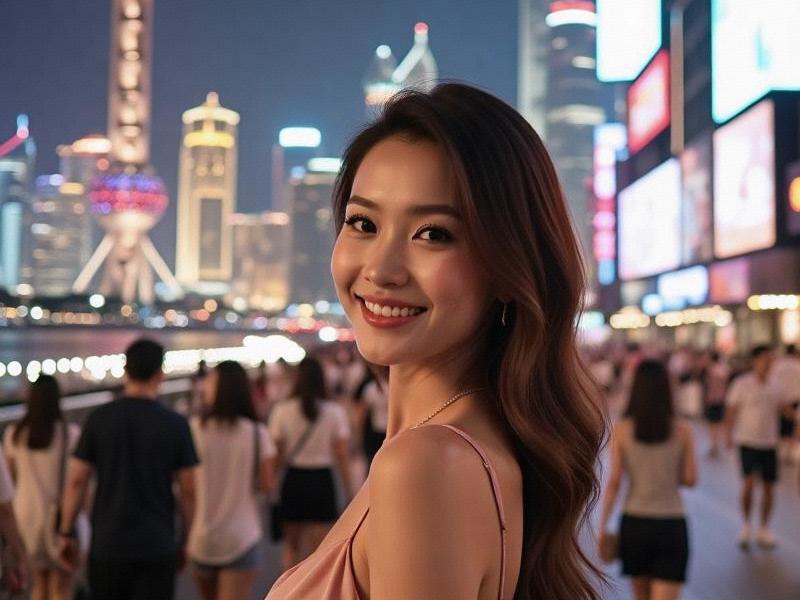This investigative report explores how Shanghai's entertainment industry has evolved from its jazz age roots to become a carefully regulated yet thriving nighttime economy that reflects China's changing social values and economic priorities.

The Neon Metropolis: Shanghai's Entertainment Landscape
Shanghai's entertainment venues tell the story of a city constantly reinventing itself. From the jazz clubs of the 1930s to today's multi-billion dollar nightlife economy, these spaces serve as social laboratories where Chinese and international cultures collide and coalesce.
Historical Foundations:
• 1920s-1940s: The golden age of jazz clubs and ballrooms along the Bund
• 1980s: Re-emergence of dance halls after Cultural Revolution restrictions
• 1990s: KTV boom following Taiwan/Hong Kong investment
• 2000s: Superclub era catering to expat communities
• 2010s-present: Government standardization and premiumization
Venue Typology:
1. Luxury KTV Palaces:
- Average room rate: ¥5,000-50,000/night
- Notable chains: Party World, Cashbox, Celebrity
上海龙凤419油压论坛 - Changing clientele: From business deals to family gatherings
2. High-End Clubs:
- Notable venues: Bar Rouge, Mint, TAXX
- Bottle service culture: Dom Pérignon as status symbol
- EDM focus with occasional hip-hop nights
3. Live Music Bars:
- Jazz at JZ Club and Heyday
- Underground rock at Yuyintang
- Acoustic sessions at The Camel
4. "Private Clubs":
- Membership-based establishments
上海贵族宝贝sh1314 - Discreet locations in French Concession
- Blend of dining, drinking and entertainment
The Regulatory Environment:
Recent government measures include:
- Strict licensing requirements (entertainment permits now take 6+ months)
- Mandatory closing times (generally 2AM, earlier for some districts)
- Surveillance system requirements
- Periodic "cleanup" campaigns targeting unlicensed venues
Economic Impact:
• Estimated ¥120 billion annual revenue
• Employs over 300,000 directly (including performers, staff, security)
• Indirectly supports food/beverage suppliers, transportation, hotels
上海花千坊龙凤 • Key component of Shanghai's "24-hour city" ambitions
Social Dynamics:
Interview insights reveal:
"KTV isn't just singing - it's where business relationships are built," says finance executive Michael Chen
"Foreigners want EDM, locals prefer Mandarin pop remixes," notes DJ Kaka
"The golden age of wild clubs is over, but quality has improved," observes longtime expat Simon Turner
Future Trends:
1. Experience Premiumization (theater-style KTV, immersive lighting)
2. Technology Integration (AI song selection, facial recognition entry)
3. Health Consciousness (low-alcohol cocktails, smoke-free zones)
4. Cultural Hybridization (traditional Chinese elements in modern spaces)
Shanghai's entertainment scene continues to evolve under the dual pressures of market forces and government oversight. What emerges is a nightlife culture that's distinctly Chinese yet undeniably cosmopolitan - a reflection of Shanghai's unique position at the crossroads of East and West.